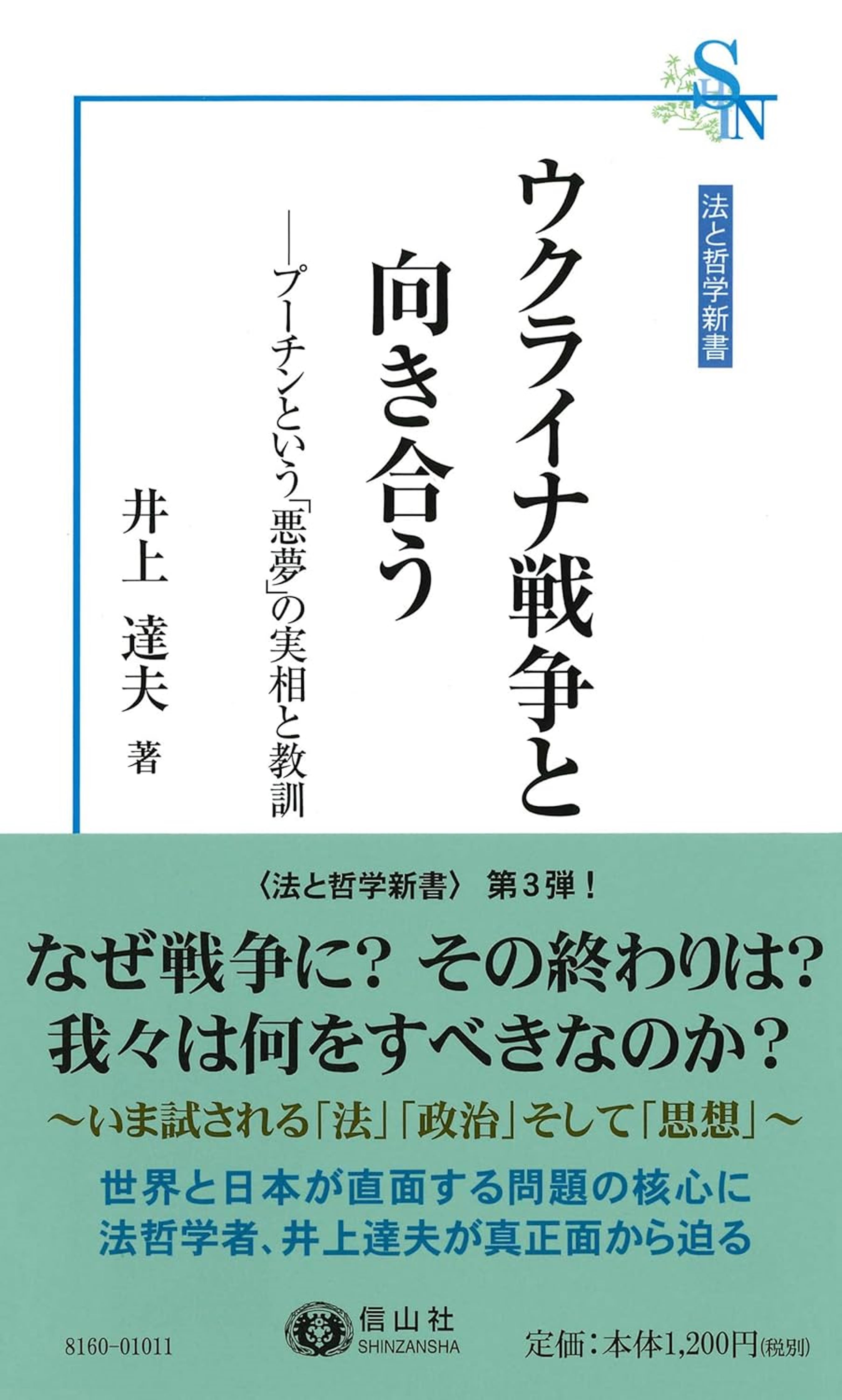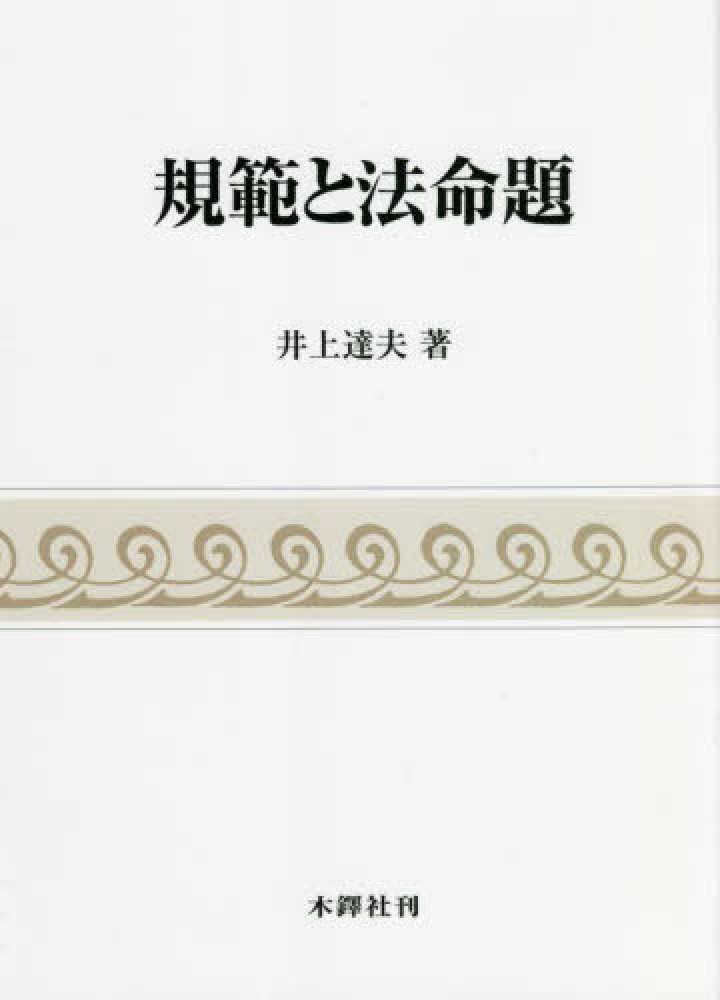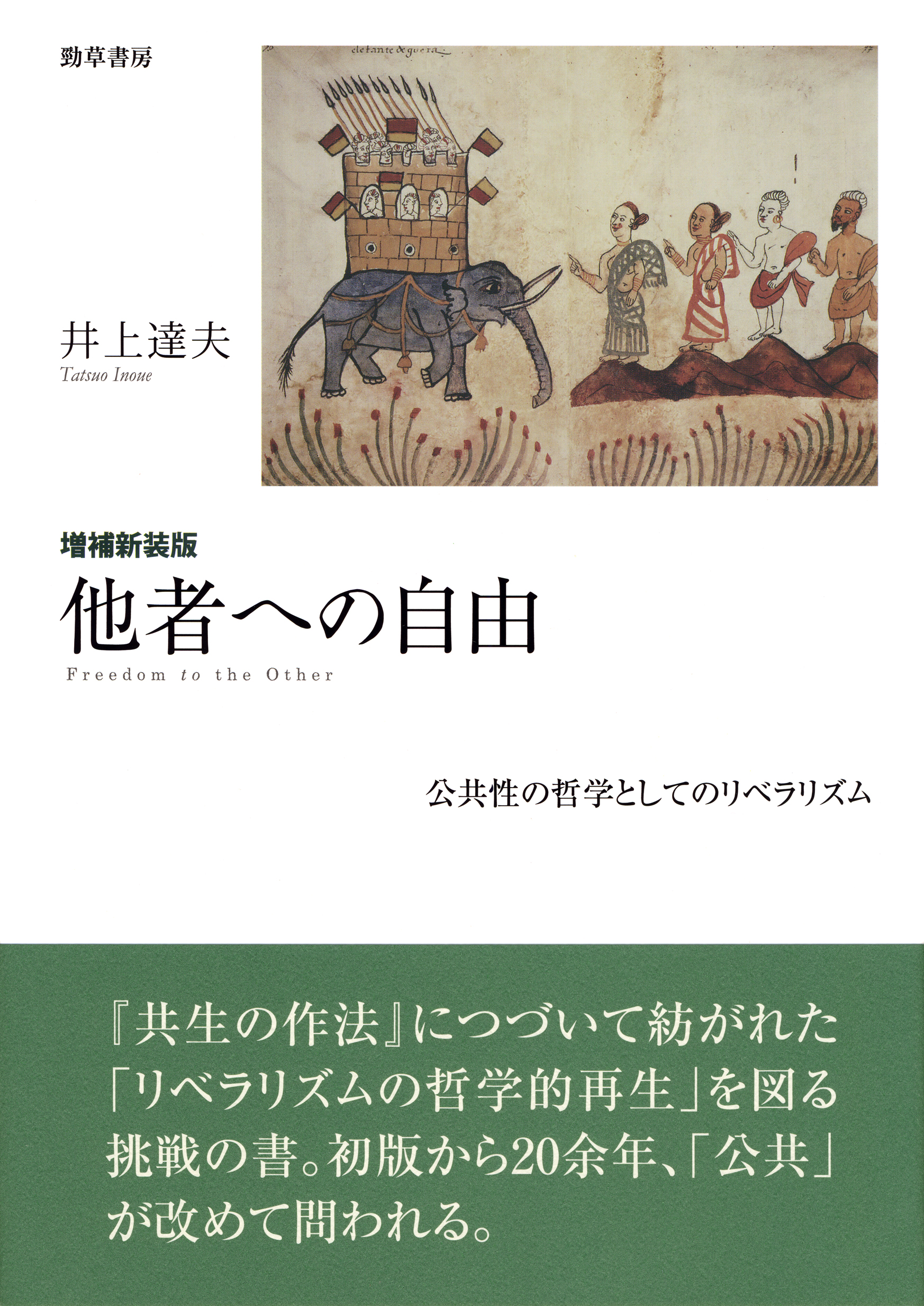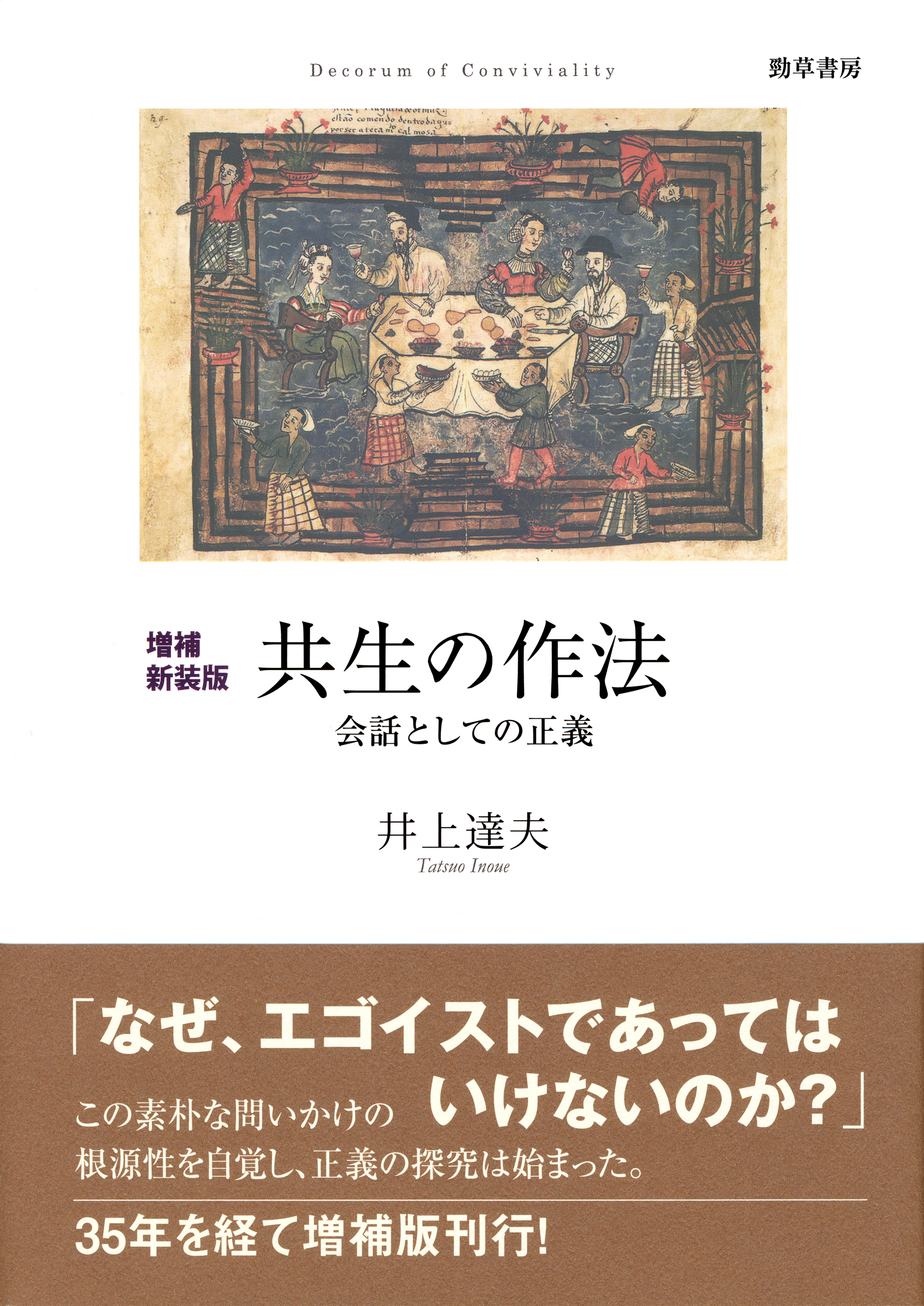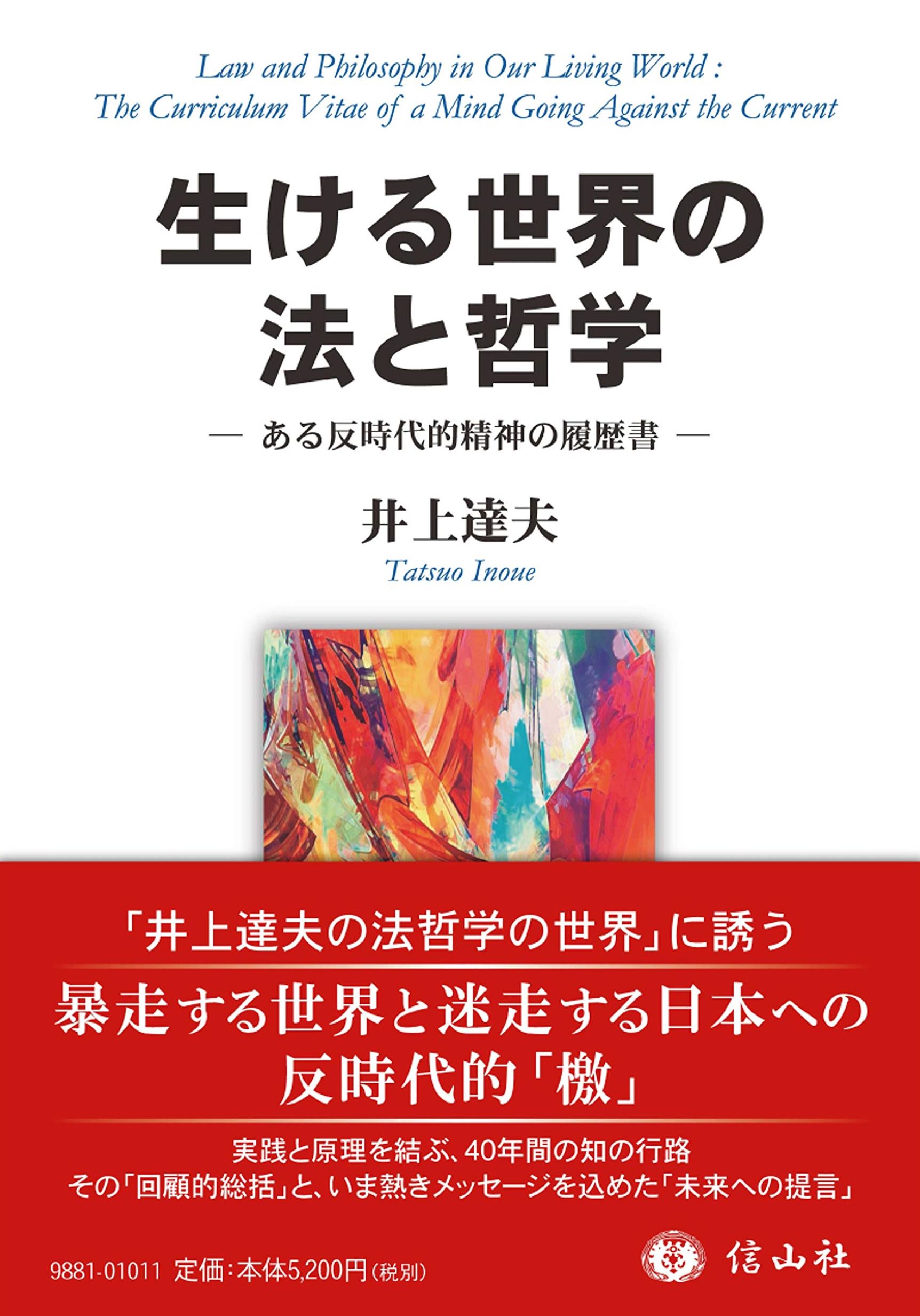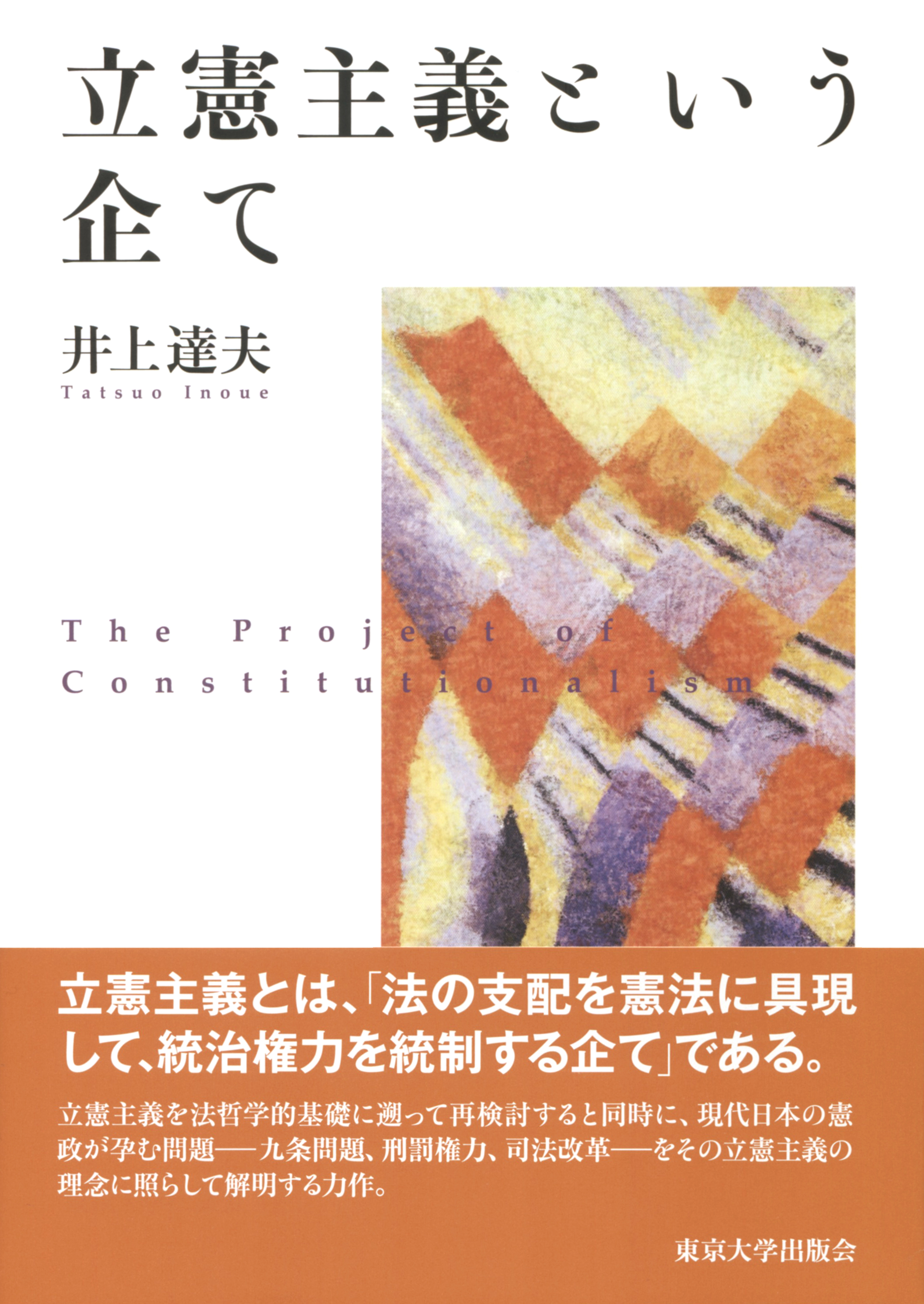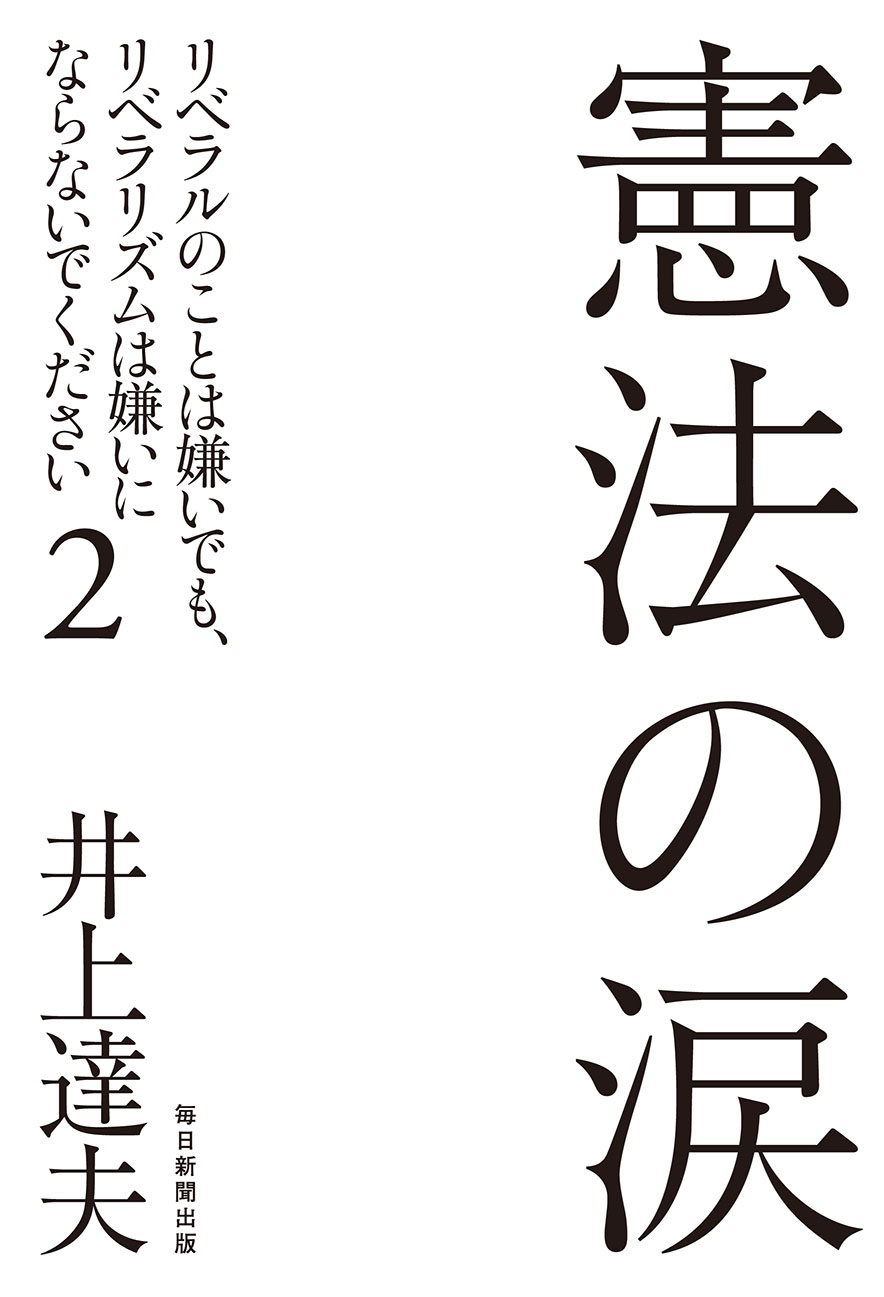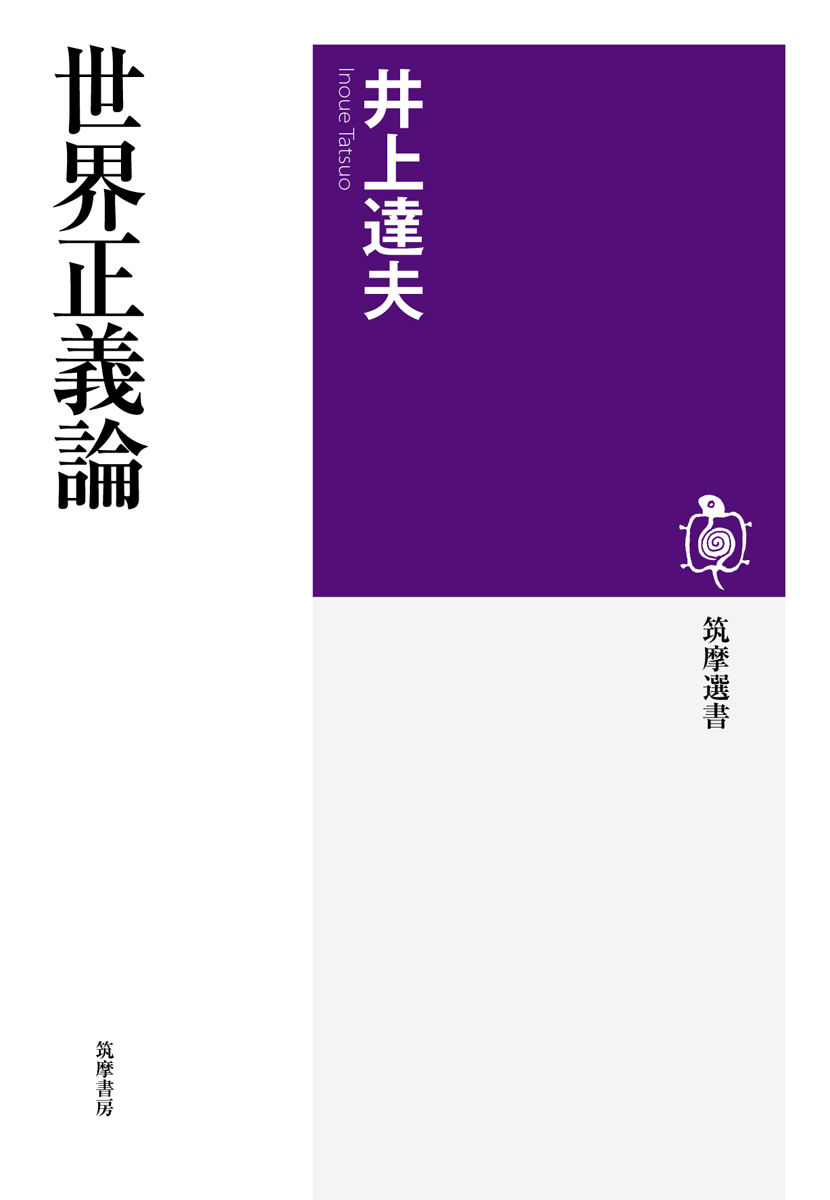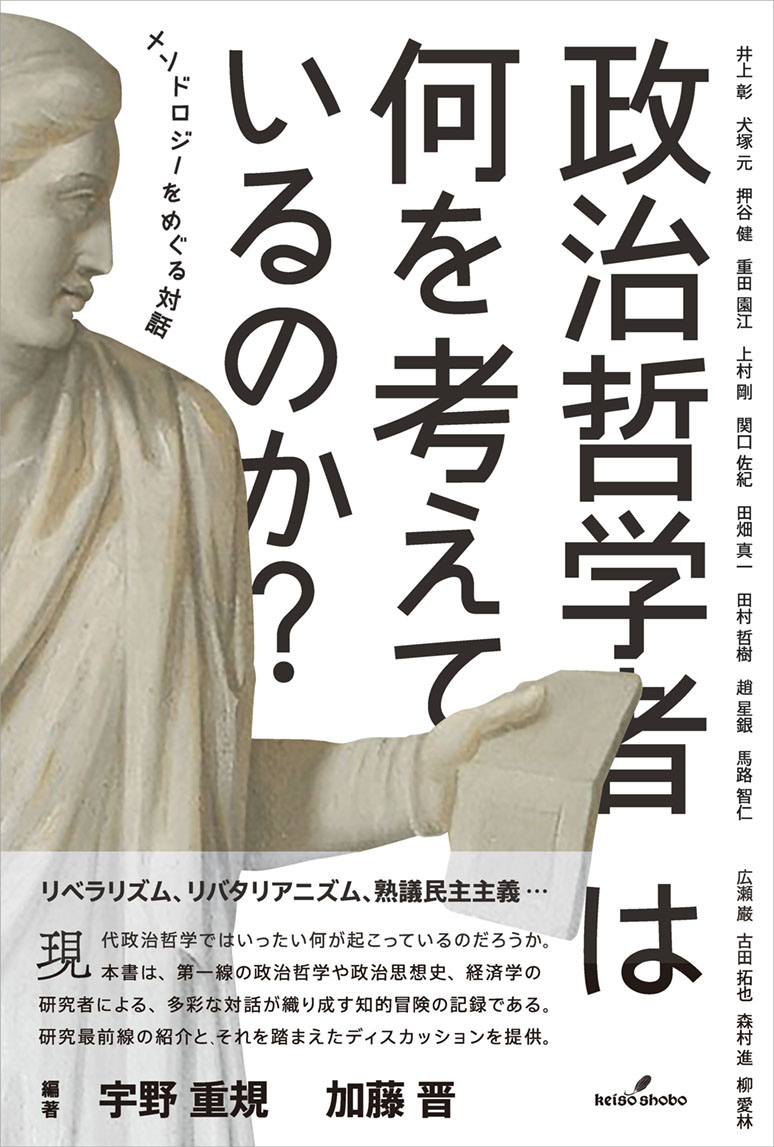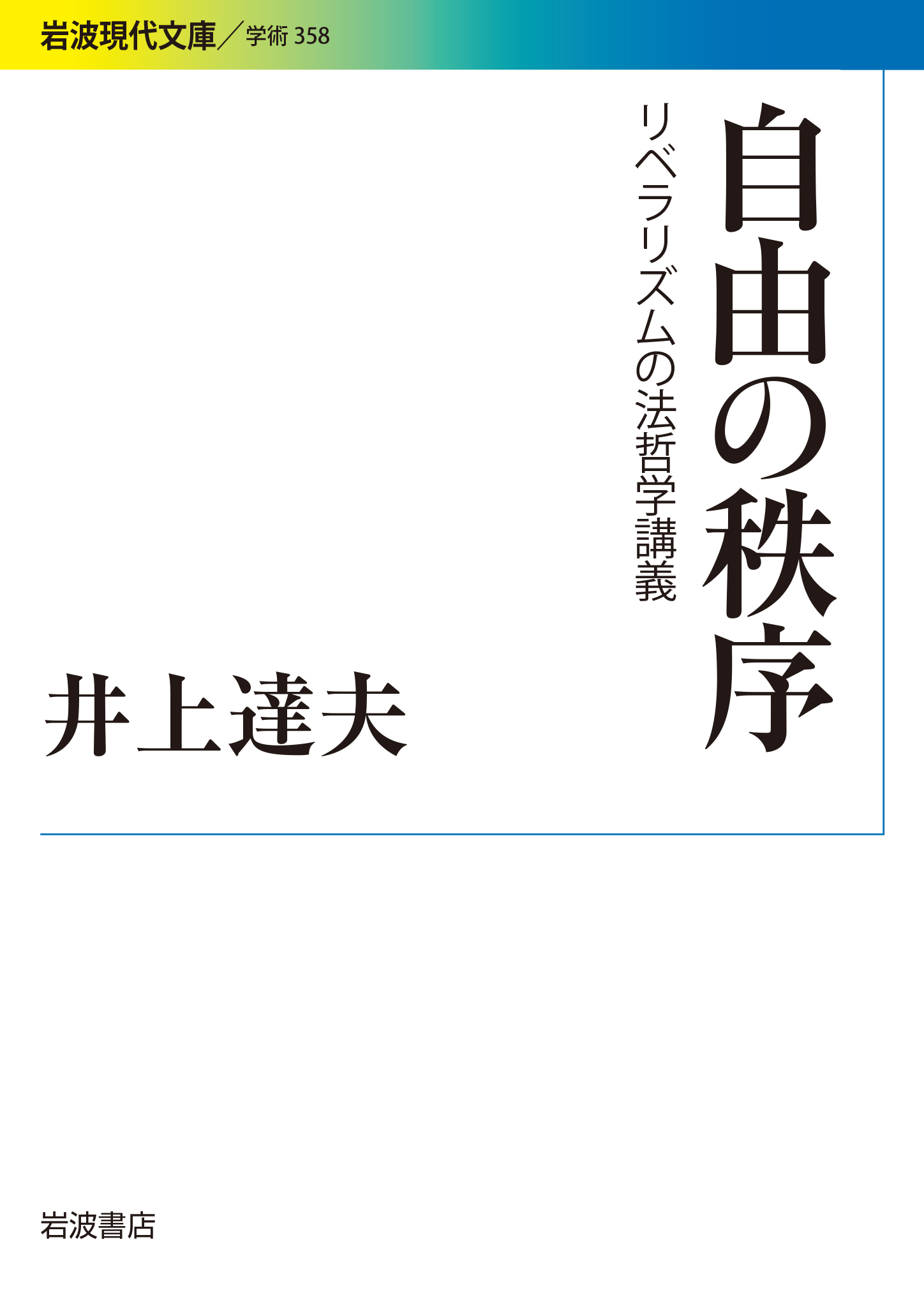
Title
Jiyu no Chitsujo (The Order of Liberty: Lectures on Legal Philosophy in Liberalism)
Size
208 pages, A6 format, softcover
Language
Japanese
Released
March 16, 2017
ISBN
978-4-00-600358-6
Published by
Iwanami Shoten
Book Info
See Book Availability at Library
Japanese Page
The purpose of this book is to redefine liberalism by shattering the biases and fallacies shared by both liberal thinkers and critics of liberalism who seek the foundations of liberalism in vacuous concepts of liberty, such as negative liberty, and to present and develop the following two basic theses:
(1) The basic principle of liberalism is not liberty; it is the justice which governs it.
(2) The separation of powers as an institutional scheme of liberal political order does not stop at the separation of the three branches of government that provide checks and balances on the differing powers in the state; it should be developed into “a triad of order,” achieving checks and balances between the competing order-formation mechanisms: the state, markets, and intermediary communities.
The book exposes and criticizes the self-destructiveness and perversion of the theories of Charles Taylor, Isaiah Berlin, John Rawls and others on freedom and liberal theory, which have a controlling influence on modern political theory in the West. And from the perspective of the above two theses, it attempts to provide a theoretical explanation of the philosophical foundations and institutional scheme of liberalism. This book, however, is not limited to simple theoretical observations; it actually examines the practical implications of the author’s theoretical perspective toward the real issues faced by the modern world, including Japan (the Islamic state, the crisis over EU integration, international NGO accountability, Japanese system reform, etc.). The author clearly asserts his own positions on every issue, making this book an extremely controversial publication, similar to his other works.
In thesis (1), the justice that the author posits, as a basic principle of liberalism, is not one of competing conceptions of justice, such as utilitarianism, libertarianism, or egalitarian theories of rights; it is the concept of justice as a principle that constrains all of these conceptions. At its core is the prohibition of discrimination that cannot be universalized (discrimination based on differences in the individual identity of oneself and others), which further implies the need for critical self-examination through a test of positional and perspectival reversibility between oneself and others. This test can be formulated as follows: “Examine whether your conducts toward or claims on others can be justified for the reasons that you could not reject even if you had their positions and perspectives provided they are willing to apply the same reversibility test to themselves.” This concept of justice, which demands fairness from us towards others, is a principle that philosophically recreates liberalism by integrating the positive legacies of its two historical origins: the Enlightenment as the project of critical self-examination, and the pursuit of tolerance as open-mindedness towards others who are different from us. This book first develops thesis (2) to present the inappropriateness of existing approaches that define liberalism through the conceptual analysis of liberty (in particular, those based on the concept of negative liberty) and argues that what is important is not to define “the concept of liberty,” but to develop the institutional scheme for adequately implementing the “liberal order.” Then, it discusses thesis (1), which is the author’s philosophical position that the regulating principle of the liberal order is not liberty, but justice in the above meaning.
For ease of understanding among general readers, this book is written in a lecture style, with thesis (2) presented in a “seven-day lectures” format and thesis (1) discussed as a supplementary lecture. Both the seventh and supplementary lectures take the form of a debate with students. In reading these two discussions, many readers thought they were records of actual discussions with the author, as the “lecturer,” being sharply criticized by the “students” and responding earnestly. If a mere hypothetical discussion consisting of replies to supposed criticism from an imaginary interlocutor is realistically moving to readers, then the goal of the author to present the fact that philosophical thought relies upon sincere critical self-observation and self-dialogue will have been achieved.
(Written by INOUE Tatsuo, Professor, Graduate Schools for Law and Politics / 2018)



 Find a book
Find a book


